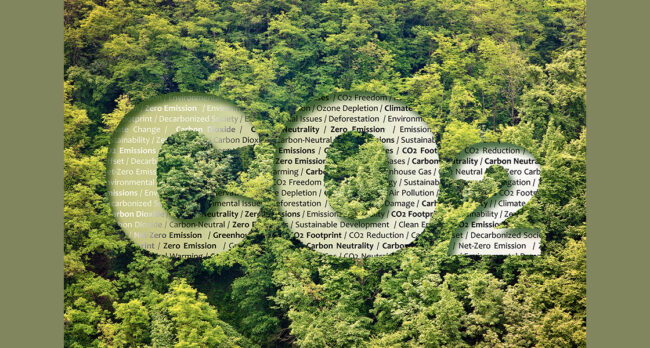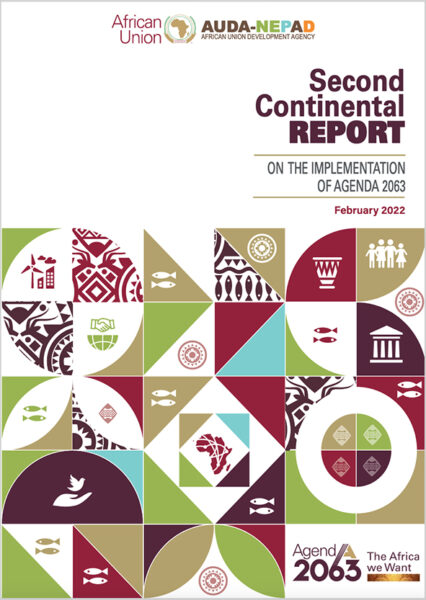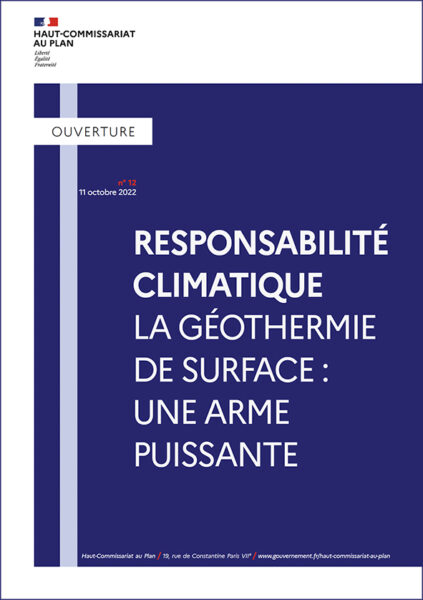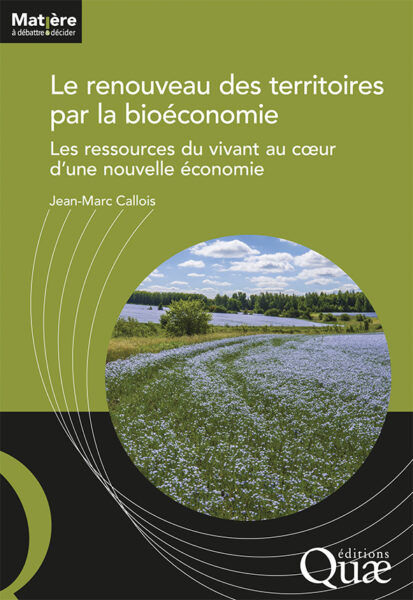The series on the ecological and energy transition, begun in these columns in 2020, returns in this spring issue with, among others, this article by Pierre Veltz which stresses the breadth of the changes required. More than a transition, it is a ‘bifurcation’ that is needed and that bifurcation poses a challenge that is much more societal than technical. As Veltz reminds us, the technical solutions to meet the ecological challenge largely exist already; significant gains in energy efficiency are still possible, but given a number of reasons why these will fall short (such as the rebound effect, the non-sustainability of many goods, technology racing out of control etc.), the most effective key to achieving these is radically to change our ways of life. This bifurcation can only be achieved by opting for the path of voluntary simplicity: not only individually, but also — and, most importantly — collectively, systemically, in a manner orchestrated by the public authorities, so that the choices taking France toward the net zero emissions target are coherent, and the citizens, as socio-economic actors, see — and understand — the path being followed. This move toward what Pierre Vetz terms the ‘desirable economy’ therefore involves a form of structural voluntary simplicity based on a ‘human-centred’ economy, which does already exist at the micro level and is continuing to develop in local settings, but must now be envisaged at a higher level through coordination and orchestration by the ‘machinery of state’.
Ecological Bifurcation and the Desirable Economy
Journal Article
25 February 2022
2 min.
© Francesco Scatena / Shutterstock
Cet article fait partie de la revue Futuribles n° 447, mars-avr. 2022



